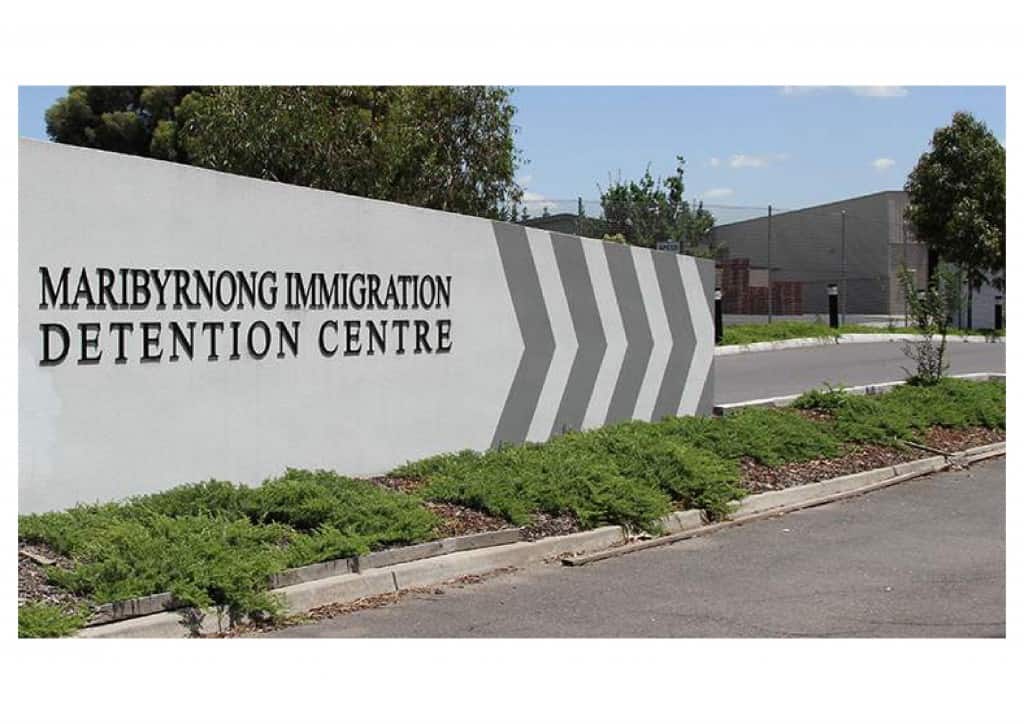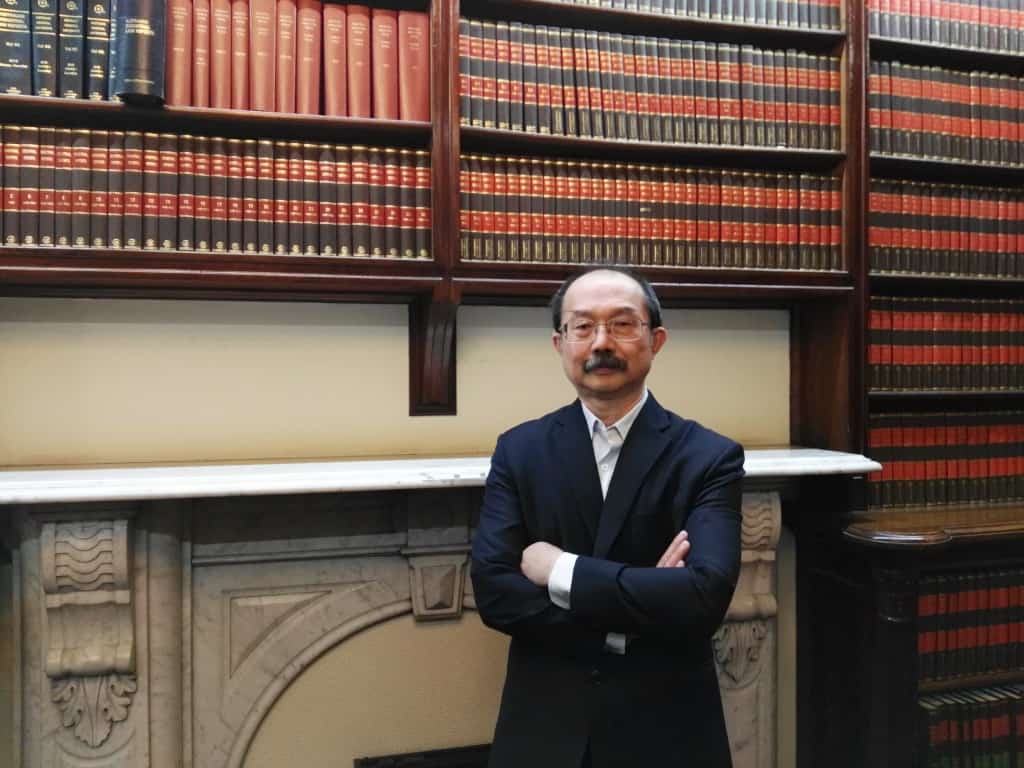
Section 501 Refusal And Cancellation
What is the significant of section 501 refusal and cancellation? If you have applied for a visa, the case officer may refuse to grant you the visa if he or she believes that you may not pass the character test per section 501 (6) (also known as section 501 refusal: section 501(1)).
Similarly, if you are in Australia holding a valid visa, including a permanent visa, the Department of Home Affairs may cancel your visa if you do not pass the section 501 character test (also known as section 501 cancellation. The decision-maker must reasonably suspect that you do not pass the character test, and you do not satisfy the decision-maker that you pass the character test.
In addition, the Minister may refuse to grant you a visa or cancel your visa if he reasonably suspects that you do not pass the character test and is satisfied that the section 501 refusal or cancellation is in the national interest.
Compulsory or Mandatory section 501 cancellation
Your visa must be cancelled if the Minister is satisfied that you do not pass the character test because you have a substantial criminal record and you have been sentenced to death or sentenced to a term of imprisonment for life or have been sentenced to a term of imprisonment of 12 months or more or you have been convicted of sexually based offences involving a child. This applies if you are serving a sentence of imprisonment on a full-time basis in a custodial institution for an offence against a law of the Commonwealth, a State or a Territory. However, you may request for the revocation of this mandatory section 501 cancellation under section 501CA.
Requesting for revocation of mandatory section 501(3A) cancellation
If the Department engaged section 501(3A) cancellation, you may request for its revocation under section 501CA. The decision-maker must consider whether to revoke the cancellation. To learn more about revocation of mandatory visa cancellation under section 501(3A), click here.
Meaning of section 501 refusal
If your visa application is refused under section 501 refusal, this would mean that:
- any other visa you hold (other than a Protection Visa, click here to learn more) will be taken to have been cancelled;
- if you have any outstanding visa applications, they will be taken to be refused (other than a Protection Visa or Bridging Visa R – Removal Pending) visa;
- if you do not hold a substantive visa and you are in Australia, you will become an unlawful non-citizen and you will be subject to immigration detention and removal from Australia, but you may have review rights regarding the decision to refuse your visa application;
- you may be restricted from applying for and be granted another visa.
Section 501 refusal grounds include:
Section 501 Refusal scenario# 1

What is substantial criminal record?
- having a substantial criminal record if you:
- have been sentenced to death; or
- have been sentenced to imprisonment for life; or
- have been sentenced to a term of imprisonment for 12 months or more; or
- have been sentenced to 2 or more terms of imprisonment where the total of those terms is 12 months or more; or
- been acquitted of an offence on the grounds of unsoundness of mind or insanity, and as a result you have been detained in a facility or institution; or
- you have been found by a court to not be fit to plead, in relation to an offence; and
- the court has nonetheless found that on the evidence available you committed the offence; and
- as a result, you have been detained in a facility or institution.
Section 501 Refusal scenario# 2

Offence committed while in immigration detention centre
- having been convicted of an offence that was committed:
- while you were in immigration detention; or
- while you were escaping from immigration detention; or
- after you escaped from immigration detention but before being taken to immigration detention again.
Section 501 Refusal scenario# 3
- convicted under section 197A for having escaped from immigration detention.
Section 501 Refusal scenario# 4

Membership
- the Minister reasonably suspects that:
- you have been or is a member of a group or organisation, or have had or have an association with a group, organisation or person; and
- that the group, organisation or person has been or is involved in criminal conduct; or
- the Minister reasonably suspects that you have been or is involved in conduct constituting and whether or not you or another person have been convicted of the following conduct:
- an offence under one or more of section 233A to 234A:
- 233A – people smuggling
- 233B – aggravated offence of people smuggling (danger of death or serious harm, etc)
- 233C – aggravated offence of people smuggling (at least 5 people)
- 233D – supporting the offence of people smuggling
- 233E – concealing and harbouring non-citizen, etc
- 234 – false documents and false or misleading information, etc relating to non-citizens
- 234A – aggravated offence of false documents and false or misleading information etc relating to non-citizens (at least 5 people)
- an offence if trafficking in persons
- the crime of genocide, a crime against humanity, a war crime, a crime involving torture or slavery or a crime that is otherwise of serious international concern
- an offence under one or more of section 233A to 234A:
Section 501 Refusal scenario# 5
- you may not be of good character after having considered your:
- past and present criminal conduct;
- past and present general conduct
Section 501 Refusal scenario# 6
- there is a risk that you would:
- engage in criminal conduct in Australia; or
- harass, molest, intimidate or stalk another person in Australia; or
- vilify a segment of the Australian community; or
- incite discord in the Australian community or in a segment of that community; or
- represent a danger to the Australian community or to a segment of that community, whether you become involved in activities that are disruptive, or in violence threatening harm to, that community or segment, or in any other way
Section 501 Refusal scenario# 7
- a court in Australia or a foreign country has:
- convicted you of 1 or more sexually based offences involving a child; or
- found you guilty of such offence, or found a charge against you for such an offence, even if you were discharged without conviction
Section 501 Refusal scenario# 8
- you in Australia or a foreign country have been charged with or indicted for 1 or more of the following:
- the crime of genocide
- a crime against humanity
- a war crime
- a crime involving torture or slavery
- a crime that is otherwise of serious international concern
Section 501 Refusal scenario# 9
- you have been assessed by the Australian Security Intelligence Organisation (ASIO) to be directly or indirectly a risk to security (see section 4 of the ASIO Act 1979)
Section 501 Refusal scenario# 10
- you have an Interpol notice against you, from which it is reasonable to infer that you would present a risk to the Australian community or a segment of that community
Direction No. 79
If either section 501 refusal to grant you a visa or section 501 cancellation of your visa is enlivened, the decision-maker must consider whether to exercise the discretion to refuse or cancel your visa.
Sometimes the Department, before they refuse your visa application under section 501 (1), may ask you to comment why your visa application should not be refused because you do not pass the section 501 (6) character test.
The Minister under section 499 has issued a Direction, commonly known as the Direction No. 79 (Visa Refusal and Cancellation under section 501 and revocation of a mandatory cancellation of a visa under section 501CA).
All decision-maker must comply with the Direction No. 79. Click here to learn more about Ministerial Direction No. 79. Please note that Direction No. 79 has been replaced by Direction No. 90, click here to learn more about Direction No 90.
If your visa has been cancelled for failing the Character test, your should provide character statements from people, including your work colleagues, who are aware of your previous offending. In their statement, they must state that they are aware of your offending and whether or not you will offend again (and provide the reasons for having this belief). The decision-maker is required to assess if you are allowed to remain in Australia whether you posed a risk of reoffending. If you provide character statements, the decision-maker must take proper account of the character evidence as relevant to the risk of future offending. It is a necessary part of the decision-maker’s assessment as to the risk of criminal conduct in the future for the purposes of s 501(6)(d), must assess the character and circumstances both at the time of the offending and at the time of assessment. These character statements should say, for eg, you are of good character and did not pose a risk of reoffending using words such as “…. had grown and matured since the period of offending”. They are relevant and material to the assessment of your risk of reoffending. The decision-maker cannot conclude that you will reoffend simply because of your past offending unless your character remained unchanged from the time of your offending (Anees v MIBP [2020] FCFAC 28). The decision-maker must consider the character statements that you had grown and matured such that you would not behave in the same way in any future circumstances (Anees at 26).
Character witnesses are relevant in deciding whether there is a risk that you would engage in further criminal conduct if you are permitted to remain in Australia as they provide important insights to your enduring character and whether you are the same person you had been at the time of your offending or had changed for the better.
It is important that when giving reasons for revoking your visa cancellation you should list the reasons under the appropriate heading as listed in Direction No. 79. For example, if you said that your mental health and potential consequence of your removal from Australia will impact on you and your family, you should list them under “non-refoulement claims” if you also claimed that Australia should not return you to your home country because you will not receive proper mental health care. If you do not list this claim as a non-refoulement obligations claim, the Minister need not consider this claim as non-refoulement claims (BPL20 v Minister for Home Affairs [2020] FCA 1207 per Moshinsky J at [70]).
Furthermore, your claims must not be general and tentative (eg, using words like “may be”) and supported by evidence. You must make detailed arguments supported by evidence. For eg, you should not say that if you were returned to your home country you will be expose to the real possibility of suffering and significant harm, you must explain why this is so.
If you are holding an Absorbed person visa or APV, the Minister can also cancel your visa, click here to learn more.
You should note that if your visa application has been refused or your visa cancelled while you are in Australia, you may be prevented from lodging another visa application (click here to learn more about section 48 bar and visa application limitations).
Australian migration law is complex and difficult to understand, contact our immigration lawyer for a consultation (fee applies) to help you with your section 501 refusal and cancellation on character grounds or find your answers in our FAQ or learn more about section 501 refusal and cancellation. Click here to learn more about section 501.

 041 222 4020 or WeChat: AUDvisa
041 222 4020 or WeChat: AUDvisa
This article is not intended to be or taken as migration legal advice. The author of this article disclaims any liability for any action or omission on the information provided or not provided in this article. You should always consult an immigration lawyer or a registered migration agent to form an informed opinion on your immigration matter.



